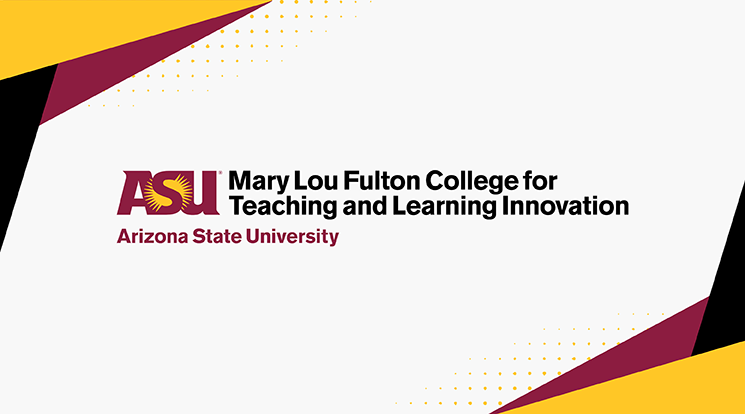Turning your mess into success

Last month, ASU’s Mary Lou Fulton Teachers College held the iTeachELLs STEM summer camp. The five-day program took place at the Hyatt Regency Phoenix and was bolstered with some noteworthy guests.
On the first day, we met up with keynote speaker Kantis Simmons. The first words he utters to us: “I’m a STEM baby!” Simmons says he grew up in STEM, loves it and lives it, which is why, after a corporate career — working as a research scientist at Mobil Chemical Company, NASA Langley Research Center and CIVA Vision — he travels the country, inspiring students, teachers and parents on STEM.
Simmons, animated and relatable, waves both of his hands in the air, “I’m the coolest guy with 7.25 fingers.” He was born with a birth defect and calls it his “mess.” As a child, he sometimes felt down about his missing fingers. But he wouldn’t stay down for too long because his mom would tell him, “Quit looking at what you don’t have and think about all the things you do have.” This is the moment he turned his mess into success.
Below, Simmons shares more about his love for and the importance of STEM.
Q: What are some fun and unique ways educators can teach STEM to disinterested students?
A: “STEM is everywhere. We have to come out of the textbook. Let’s deal with cell phones, video games, the things we see with sports, women’s hair, clothing. There are so many things that we have in our everyday life that we can relate to STEM. So come out of the textbook and give the students real-life examples that line up with the text.
Q: Why is STEM important?
A: STEM is important because it’s the basis of our world. It’s the basis of communication. You can get on a computer to grocery shop. You can get on an iPhone to take you from point A to all the way across the country. With certain devices and technology, you can monitor your heart. So STEM is so important because it’s the foundation of our livelihood, whether it comes from the clothes we wear, the foods we eat, the cars we drive. For example, athletes use STEM to advance their performance when they’re competing. STEM is important for every area of life.
Q: Where does your motivation and drive come from?
A: A few different places. My family. My mom and dad always impressed upon me the importance of education. I’m motivated by helping other students to realize they live in a life where they can be a scientist or an engineer. Because I’ve been one. My education, specifically in the area of STEM, has opened up a door for me to go to graduate school to travel all over the world. I want to share with all students that there are so many opportunities, specifically in the area of STEM.
Watch more of our interview with Simmons and learn more about why STEM is important.